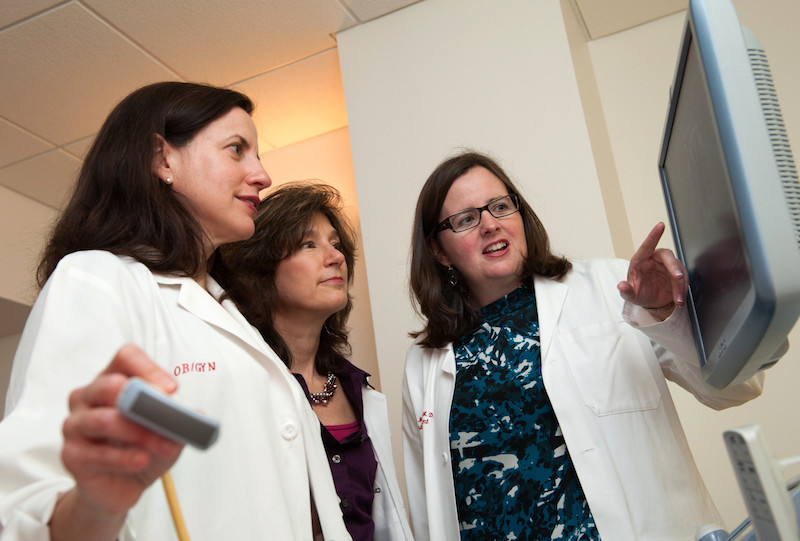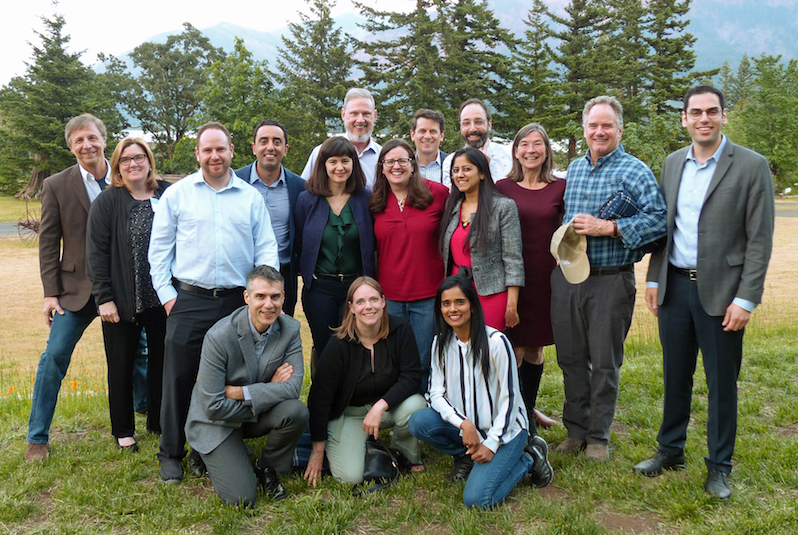Expanding on a lifetime of heart care: The BACH Program

As more patients born with congenital heart disease (CHD) live well into adulthood and older age, there is an increasing demand for clinicians who understand their complex and unique needs. Since its inception more than 25 years ago, the Boston Adult Congenital Heart (BACH) Program has been a leader in adult congenital heart disease (ACHD) care. In 2017, the program was one of the first in the country to receive accreditation from the Adult Congenital Heart Association (ACHA), and has nine cardiologists who are board certified in ACHD, making it one of the largest ACHD programs in the country.
Board certification in ACHD is increasingly important, as new 2018 guidelines from the American Heart Association and the American College of Cardiology specify adult patients with CHD see an ACHD-boarded cardiologist on a regular basis for ongoing care, based on their level of complexity.
Providing community-based ACHD care
To help fill this need and provide local ACHD care to the greater community, the BACH program has expanded its services beyond the Boston Children’s main campus. “The goal is to provide local ACHD care to the greater New England community to facilitate best practices,” says Dr. Anne Marie Valente, director of the BACH program.
- Boston Children’s main campus and satellite locations in Waltham, Milford, Peabody and Weymouth
- Brigham and Women’s Hospital, Boston
- Boston Medical Center
- Baystate Medical Center, Springfield
- Beth Israel Deaconess Medical Center, Boston
“Research shows if you’re an adult with CHD and are lost to follow up, you’re at higher risk for an adverse outcome,” says Valente. “Our hope is that by establishing relationships within these communities the BACH team will be instrumental in helping adults living with CHD have better long-term outcomes.”

Building transition models in the community
Valente says the BACH Program is working on building transition models in the community. “We work collaboratively with patients’ own primary care doctors and local cardiologists, so patients aren’t replacing their care with our clinicians, but supplementing their care. We provide an additional level of expertise in ACHD that’s critical for this growing population.”
Learn more about the BACH Program.
Related Posts :
-

Four things you should know about MAPCAs treatment
As the first grandchild in her family, Hannah Homan is in demand for frequent visits. She was also the focus ...
-

Treating MAPCAs with unifocalization surgery and cardiology care
Children born with a rare form of tetralogy of Fallot (ToF) face a challenging type of congenital heart ...
-

After surgeries to treat HLHS, Carter is healthy and happy at home in Florida
Carter Miller loves action. The 4-year-old Florida resident enjoys riding on golf carts and flying high on swing sets. ...
-

Advancing global health: Using AI to detect heart disease in children
In many low- and middle-income countries, pediatric cardiologists can’t help children with congenital heart conditions because of a critical ...





